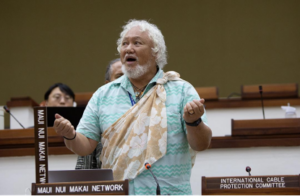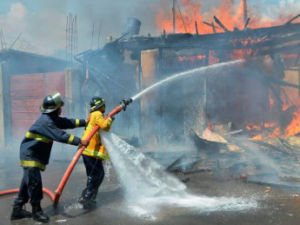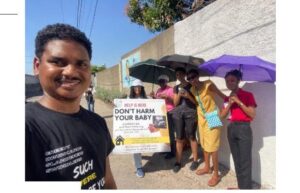Jamaican woman barred from job as secret COVID mandate persists
In need of a job, Susan Peart* had applied for an entry-level post at a prominent company in Jamaica and was pleased when she was recommended for a higher-level position because of her previous experience in the sector. Despite her academic qualifications and experience, she was shocked to learn that she would need to be vaccinated to be considered for a position in the company.
Peart, a devout Christian, said she was told by the job recruiter that she would need to present a valid COVID-19 vaccination certificate in order to proceed to having a job interview.
“I said ‘No, I am not going to take the vaccine,’ then I asked if the government no longer holds the country to that, why does this company? She said because the company is in other countries that the vaccine is required, so they make it a general rule across the border,” she told Freedom Come Rain.
Several companies had implemented vaccination mandates during the height of the COVID-19 pandemic in Jamaica three years ago. Some workers, out of fear of losing their jobs, had complied with the mandate, but others had refused to be pressured into doing so and, in several cases, were asked to present proof of positive COVID-19 tests on a regular basis. Among those affected by this mandate, are office attendants Valrie Marsh Bennett and Signorina Raymond, who have been blocked from carrying out their jobs at King’s House, the Governor General’s residence. The women have been prevented from going to the location for work since October 2021 because they have not provided COVID-19 test results. Vaccination was considered a workplace safety rule.
Both women filed lawsuits earlier this year contending that their constitutional rights are being breached. According to media reports, Raymond stated in her claim form that she provided her workplace with a medical report stating the reason she was unable to take the vaccine.
Telecommunications company Digicel Jamaica, Cari-Med, GraceKennedy Group, and the National Commercial Bank were among several companies that had announced plans to institute vaccine mandates for staff during the height of the pandemic in 2021 and 2022. In most of the cases, workers were informed that they were being required to be fully vaccinated against COVID-19 or be subjected to COVID-19 PCR testing every two weeks.
Peart thought that with the drastic reduction in COVID-19 cases and the removal of some protocols following the lifting of the Disaster Risk Management Act (DRMA) more than two years ago, mandatory vaccination was a thing of the past. Information has also emerged about the vaccines’ adverse effects on some of those who took it. Pharmaceutical giant AstraZeneca has admitted in court that its COVID-19 vaccine can cause a rare but deadly blood-clotting condition. After issuing more than three billion doses, the company withdrew its vaccine from all markets in May this year, citing low demand as the reason for this decision.
“Turning down a qualified person solely because they are not COVID-vaccinated is both ethically questionable and potentially damaging to the company’s talent pool. It overlooks a candidate’s skills, experience, and suitability for the role, focusing instead on a personal health decision that may not directly impact job performance, particularly in remote or low-contact positions, and especially knowing that we no longer have a pandemic facing,” fumed Peart.
“This type of policy may perpetuate unnecessary divisions and fail to consider legitimate exemptions or the evolving understanding of COVID-19. Businesses should prioritise candidates based on their ability to contribute and grow with the organisation, ensuring inclusivity and fairness in hiring,” she said.






